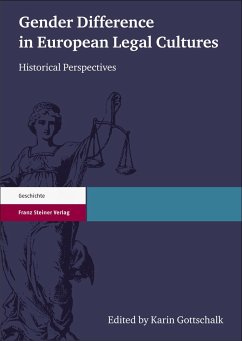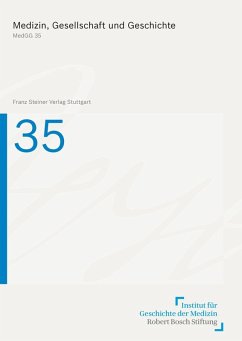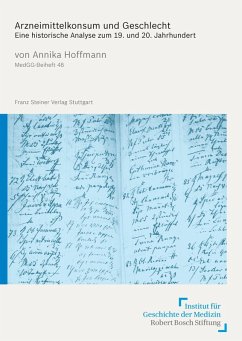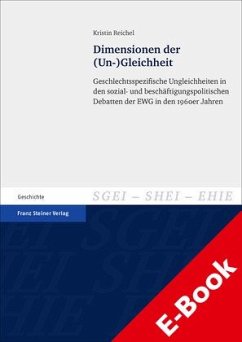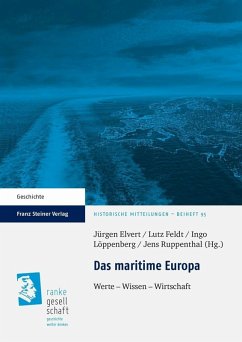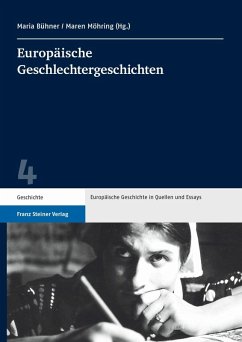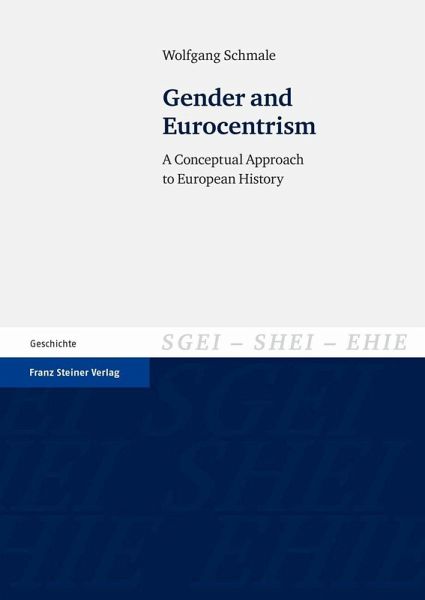
Gender and Eurocentrism (eBook, PDF)
A Conceptual Approach to European History

PAYBACK Punkte
0 °P sammeln!
What is European in the history of Europe? In order to answer this question, Wolfgang Schmale uses two approaches. Firstly, he develops the concept of a performative speech act into what he defines as a collective historical speech act. Secondly, he looks at European history from a gender point of view. Europe was generally thought to be male - considering the former Republic of Letters' definition of Europe as a male civilization. However, the 18th-century's performative speech act presently loses its binding force as European civilization develops from 'male' to diversity and plurality, yet ...
What is European in the history of Europe? In order to answer this question, Wolfgang Schmale uses two approaches. Firstly, he develops the concept of a performative speech act into what he defines as a collective historical speech act. Secondly, he looks at European history from a gender point of view. Europe was generally thought to be male - considering the former Republic of Letters' definition of Europe as a male civilization. However, the 18th-century's performative speech act presently loses its binding force as European civilization develops from 'male' to diversity and plurality, yet right wing parties try to defend and to repeat the historical performative speech act by ignoring the fundamental switch in European civilization. This will only produce violent conflicts. This e-book considers developments and consequences in a post-performative epoch.
Dieser Download kann aus rechtlichen Gründen nur mit Rechnungsadresse in A, B, BG, CY, CZ, D, DK, EW, E, FIN, F, GR, HR, H, IRL, I, LT, L, LR, M, NL, PL, P, R, S, SLO, SK ausgeliefert werden.




